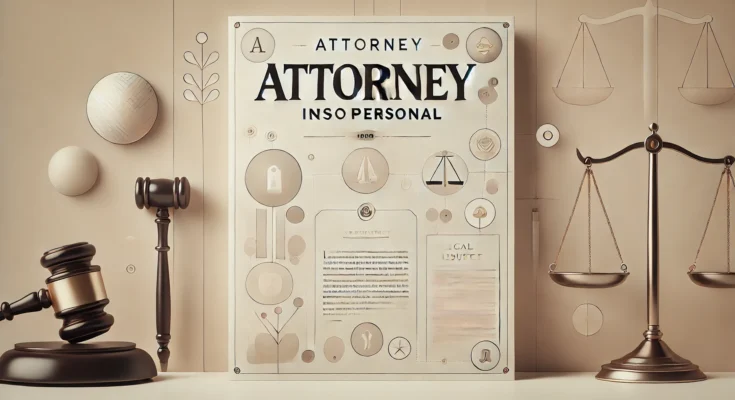Article
When facing a personal injury, finding the right attorney injury personal is crucial for navigating the legal complexities of your case. Personal injury law encompasses a variety of situations, from car accidents to slip-and-fall incidents. Choosing the right attorney can significantly influence the outcome of your case and ensure you receive fair compensation. This comprehensive guide will help you understand how to select the best personal injury attorney for your needs.
The Importance of a Personal Injury Attorney
Expertise in Personal Injury Law: Personal injury law involves complex legal procedures and principles. An experienced attorney is knowledgeable about these laws and can guide you through the process, ensuring all legal aspects are covered.
Maximizing Your Compensation: Attorneys specializing in personal injury cases are skilled negotiators. They work to secure the highest possible compensation for your injuries, including medical expenses, lost wages, and pain and suffering.
Managing Legal Procedures: From filing claims to presenting evidence in court, the legal process can be overwhelming. A personal injury attorney handles these tasks, allowing you to focus on recovering from your injuries.
How to Choose the Right Personal Injury Attorney
1. Conduct Thorough Research: Start by researching potential attorneys. Look for those with a strong reputation and a track record of handling personal injury cases. Use online reviews, recommendations from friends and family, and legal directories to compile a list.
2. Check Qualifications and Experience: Verify that the attorney is licensed to practice in your state and has substantial experience in personal injury law. Review their history of case successes and their ability to handle cases similar to yours.
3. Review Client Feedback: Look at testimonials and reviews from previous clients. Positive feedback and successful case outcomes can indicate an attorney’s reliability and effectiveness.
4. Schedule Initial Consultations: Many personal injury attorneys offer free initial consultations. Use this opportunity to discuss your case and evaluate how the attorney handles your concerns. This meeting helps assess their approach and understanding of your situation.
5. Evaluate Communication Skills: Effective communication is vital in any attorney-client relationship. Ensure the attorney listens to you, answers your questions clearly, and keeps you informed throughout the legal process.
6. Consider the Attorney’s Reputation: Research the attorney’s reputation within the legal community. Look for any disciplinary actions or ethical concerns that might affect their ability to represent you effectively.
Understanding the Legal Process
Initial Consultation: During the initial consultation, the attorney will review the details of your case, discuss potential strategies, and explain the legal process. This is also your chance to ask about fees and how they are structured.
Investigation and Evidence Collection: Once you hire an attorney, they will begin investigating your case. This includes gathering evidence, interviewing witnesses, and consulting experts if necessary.
Negotiation and Settlement: Your attorney will negotiate with insurance companies or opposing counsel to reach a settlement. Their goal is to secure fair compensation for your injuries and damages.
Trial Representation: If a settlement cannot be reached, your attorney will represent you in court. They will present evidence, argue your case, and advocate for your rights before a judge or jury.
Common Types of Personal Injury Cases
Car Accidents: Involves injuries resulting from automobile collisions. Attorneys help navigate insurance claims and pursue compensation for damages.
Slip and Fall Accidents: Occur when someone is injured due to unsafe conditions on someone else’s property. Attorneys investigate liability and seek compensation for medical expenses and other losses.
Medical Malpractice: Arises from injuries caused by negligent medical care. Attorneys handle complex cases involving healthcare providers and institutions.
Workplace Injuries: Involves injuries sustained while on the job. Attorneys assist with workers’ compensation claims and ensure fair treatment under the law.
Product Liability: Concerns injuries caused by defective or dangerous products. Attorneys seek compensation from manufacturers or sellers responsible for the harm caused.
Conclusion
Choosing the right attorney injury personal is essential for a successful personal injury claim. By conducting thorough research, verifying qualifications, and evaluating communication skills, you can find a lawyer who will effectively represent your interests and work towards securing the compensation you deserve. Whether you are dealing with a car accident, slip and fall, or any other personal injury, a skilled attorney will guide you through the legal process and fight for your rights.

